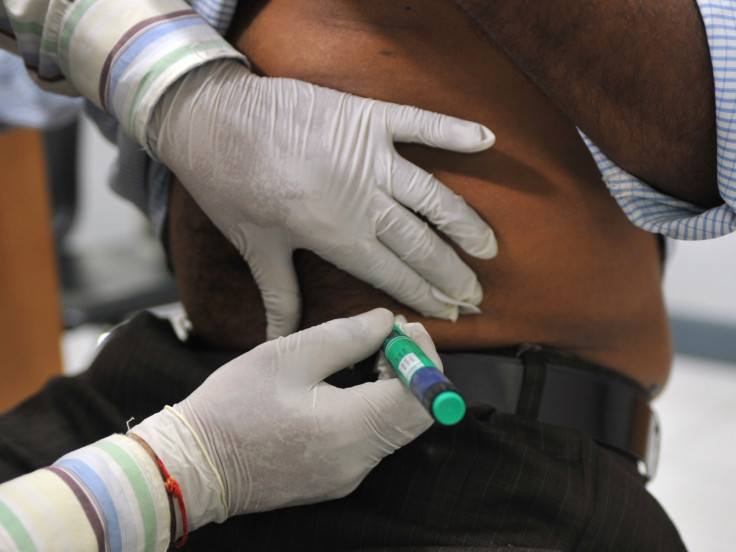World Health Day 2016: Facts, figures and statistics about diabetes

The number of adults worldwide affected by diabetes has quadrupled since 1980 to 422 million, the World Health Organisation has warned in a report on World Health Day. Nearly one in 11 people are now affected by the disease, with obesity and unhealthy eating included in the factors driving the rise.
What is diabetes?
Diabetes is a lifelong condition that causes a person's blood sugar level to become too high, which if left untreated, can lead to severe complications such as heart disease, stroke, sight damage and kidney failure.
The amount of sugar in the blood is controlled by insulin, a hormone produced by the pancreas which plays a key role in regulating blood glucose levels. When food is digested and enters the bloodstream, insulin moves glucose out of the blood and into cells, where it is broken down to produce energy.
In people with diabetes, the body is unable to break down glucose into energy - either because there is not enough insulin, or the insulin in the body does not work efficiently. There are two main types of diabetes - type 1 and type 2.
What is type 1 diabetes?
In type 1 diabetes, also known as insulin-dependent diabetes, the pancreas does not produce insulin because the body's immune system attacks and destroys cells that produce it. This type of diabetes can develop at any age, but it typically appears before the age of 40 and it is the most prevalent type of diabetes in children. This has led to type 1 diabetes sometimes being referred to as juvenile diabetes or early-onset diabetes. Type 1 diabetes is commonly treated with insulin injections.
What is type 2 diabetes?
In type 2 diabetes, the body does not produce enough insulin, or the cells in the body do not react to the insulin produced the way they should. This type of diabetes tends to develop later in life and it is the most common form of the disease.
It may be possible to control type 2 diabetes with a healthy diet, regular exercise and monitoring your glucose levels. It is a progressive condition, however, so eventually someone with type 2 diabetes may need to take medication.
World Health Day is marked on 7 April.
© Copyright IBTimes 2025. All rights reserved.



















